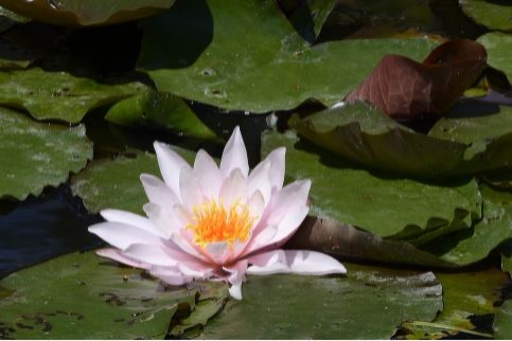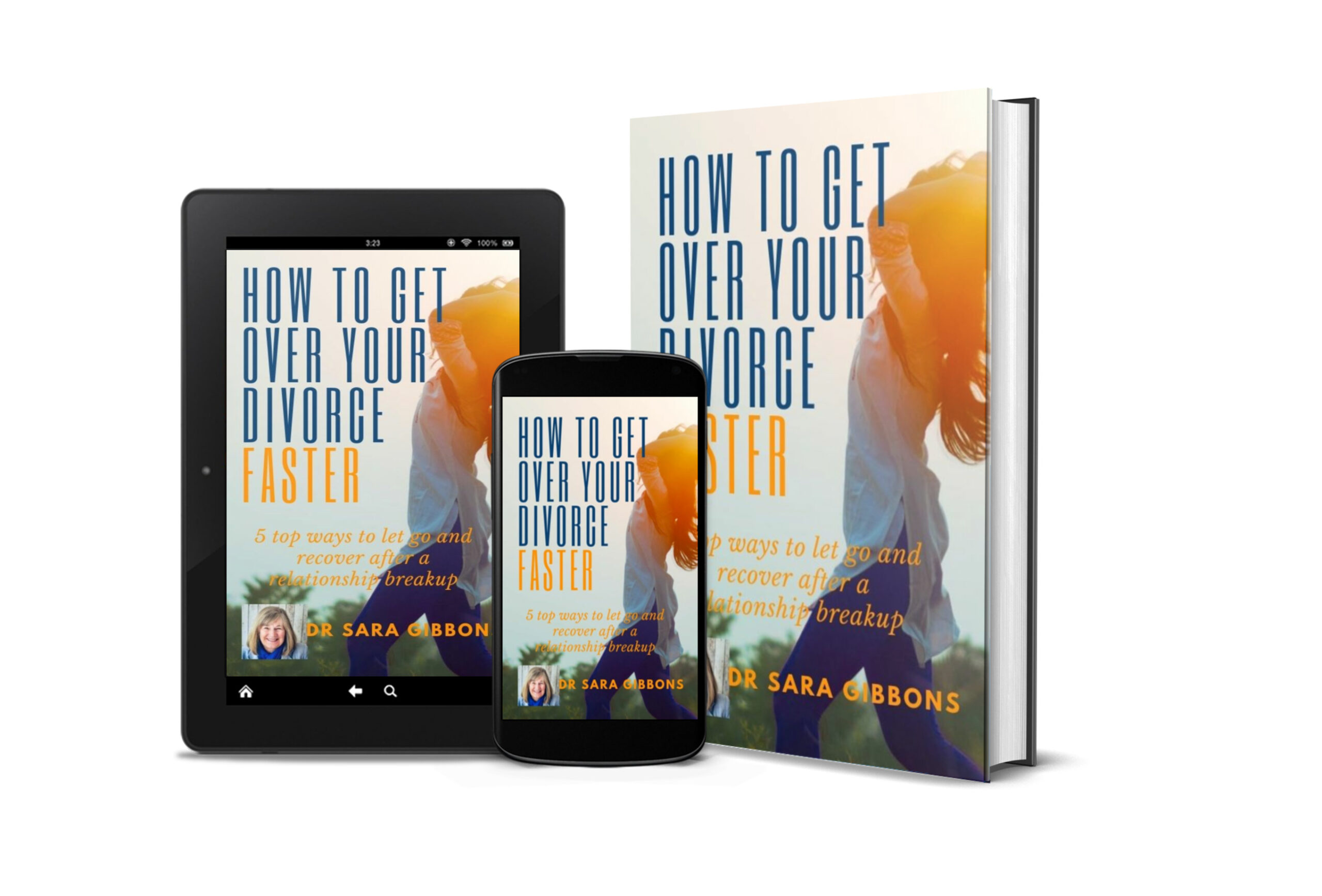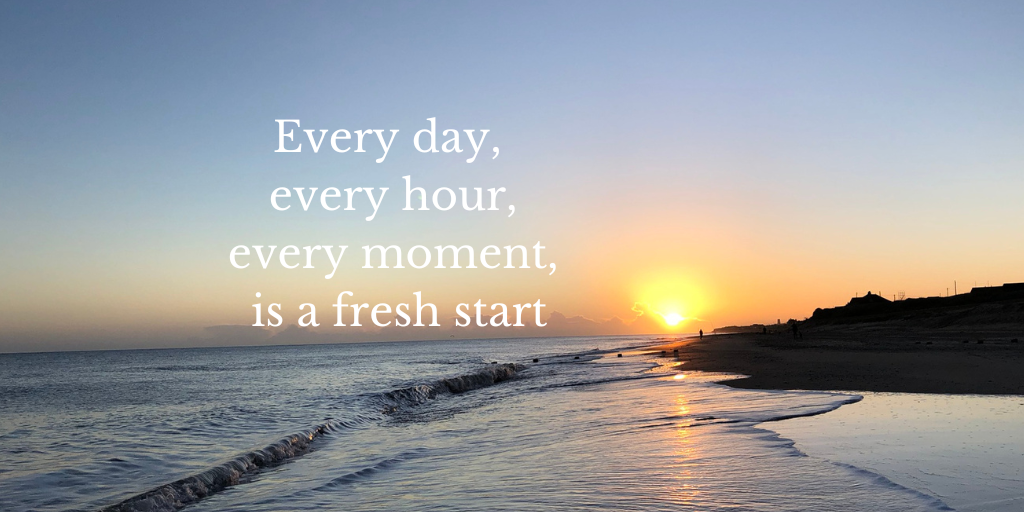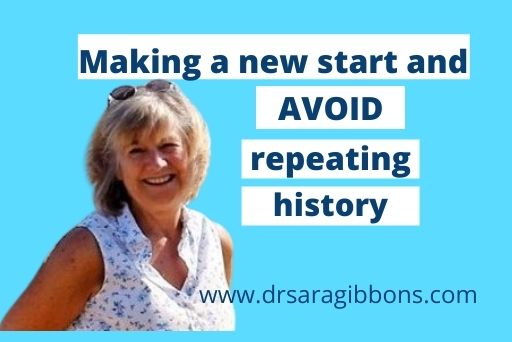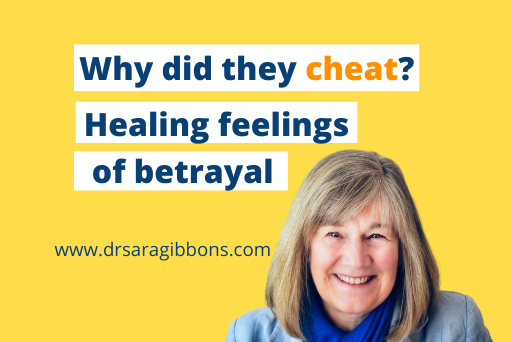What is Love? You Need to Know.
What is love? This should be an easy question to answer. We hear talk about it all the time, so we must know what it is? But do we?
There are different ideas about what love is
Some say its about caring for others.
Maybe its about being there for others?
Is it putting others before ourselves?
What if it is all about not hurting anyone else?
Perhaps it’s the same as being kind, caring and compassionate?
Is it sympathy, or maybe it’s empathy?
Maybe it’s telling the truth?
Where love is there can be no dishonesty, no pain or suffering and no jealousy
I’ve been on a series of courses where someone asked this question of us, and the course leader, over and over again at different sessions and each time there was a difficulty in answering it. It is hard to pin down. It isn’t easily described and put into words. Probably the closest we got then was that love is what is left when everything else negative that is not love has been cleared away.
It is certainly true that love is not the opposite of hate, and neither can it co-exist in the same place as selfishness, fear and other negativity. Where love is there can be no dishonesty, no pain or suffering and no jealousy for example.
Is love the truth, even if it hurts?
If someone tells you the truth, especially if it isn’t something you want to hear, or like to hear, is that love? If it’s the truth then it must be love? Maybe if we’re hurt by hearing that truth, we can ask ourselves, ‘what part of us is hurting?’ Is it our ego? Has our sense of self taken a dent? Are we being shown something we need to learn – and if so isn’t that real love?
In relationships there can be elements of co-dependency, which are often mistaken for love.
Co-dependency is often seen as where one person fulfils the needs of another at the expense of their own. But there can also be mutual co-dependency, where each provides for the needs of the other by fulfilling different mutually supportive and complementary roles. This can work until one of the parties wants to branch out and try different roles or aspects of life for themselves, and the other is threatened by it.
In relationships there can be elements of co-dependency, which are often mistaken for love.
For example, one of the couple may be responsible for the children and the emotional wellbeing of the family, the other may be the provider. One may see their role to be to endlessly give care and devotion, whilst the other receives it and in return sees their part to be to provide for the financial needs of the family. The care giver may be choosing to avoid taking responsibility for the economics of living on this planet and contributing to the finances of the family, but equally, the provider may be avoiding taking responsibility for their own emotional responses and reactions, or taking an active part in family life.
The dangers of meeting others needs at the expense of our own
But the real question here asks, is meeting the needs of another at the expense of your own peace really love?
If the relationship is characterised by the need to place one person in the position of fulfilling the self-needs of the other person, then it may feel like unconditional love, deep care and devotion, but in reality, it is in fact happening from a place of either an underlying feeling of helplessness, or a desire to avoid self-responsibility in an area of life.
Are we expecting something in return?
When we expect something in return for giving to another in some way we can know that we have not been giving love. Love is unconditional and without expectation – there is no other sort that is true.
True love has to begin with ourselves. We cannot expect to have our needs met by another for any length of time. We have to give to receive, and we have to start by giving to our self. When we assume we will receive, that expectation over time becomes a bottomless pit of not being satisfied. We are looking outside our self for the solution and we won’t find it there.
Whatever love is it isn’t something that can be given to another or sent, it is something to be experienced. It can’t co-exist with the negative, it isn’t the opposite of anything else, it is itself. It is truth spoken in the moment, it is a gift, it expects nothing in return.
How to show ourselves love?
When we learn to love ourselves then we will know and recognise when it comes our way from other sources. Until we can really do that we will be looking for others to fulfil our needs and to ‘save’ us. We will get caught in the dramas of what did and did not happen according to our beliefs of how another should behave. We will go round in circles and see ourselves as the victim of our circumstances.
By taking responsibility for our own emotional and physical wellbeing we are showing ourselves true love. We are opening up to the truth of who we are and what we are capable of.
When we do that we are on our way to finding more and more true love all around us.
Love, or truth if you like, changes lives.
So, what do you think? Have you found true love for yourself? Let me know, I’d love to hear from you.
Get the Free Course ‘How To Get Over Your Divorce Faster’ here

